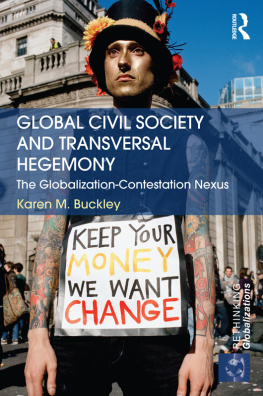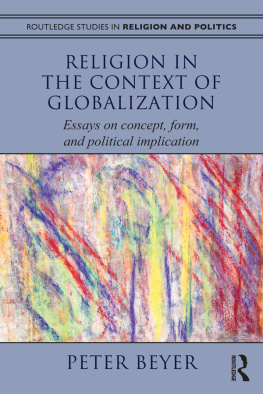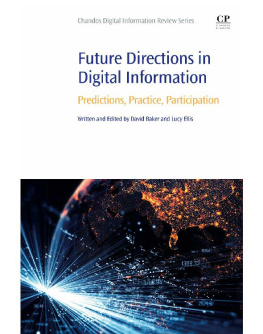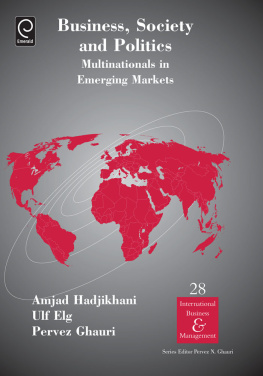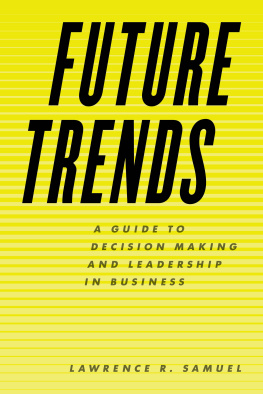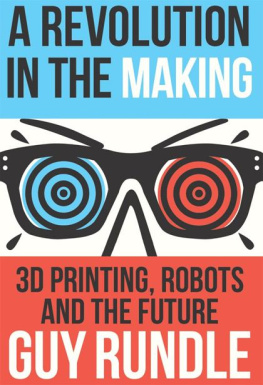ALEXANDER BARD / JAN SDERQVIST
The Netocrats The Futurica Trilogy, Part 1

ALEXANDER BARD AND JAN SDERQVIST 2002
TRANSLATION: NEIL SMITH
COVER: DORIAN MABB
GRAPHIC DESIGN: NILLE SVENSSON
EDITING: STARFALK PRODUKTION
PHOTO: MIKOLAI BERG
ART DIRECTION: ALLEN GRUBESIC
GROOMING: THERESE SVENBO
E-BOOK PRODUCTION: STOCKHOLM TEXT, 2012
ISBN: 978-91-87173-03-5
INTRODUCTION
This is quite an occasion for us, actually: the international publication of the Stockholm Text digital edition of The Futurica Trilogy. And for many reasons.
Early on, when we were busy with the very first draft of the synopsis for The Netocrats (originally published in Swedish in 2000), we were convinced about three things. First of all, just one book would not be enough, it would eventually have to be a trilogy, and the whole pattern would emerge only upon reading the entire work. This explains why it is so satisfying finally to see the three books The Netocrats, The Global Empire, and The Body Machines published in Neil Smiths excellent translations as a unity, one big text in three separate but closely related movements.
Second, the project needed a whole new literary category. What was needed to tackle the issue at hand was a combination of philosophy (the creation of brand new concepts, precisely what the art of philosophy does), sociology (the right questions asked as much as the right answers found) and futurology (the establishment of the level of relevance to human activity of all emerging individual technologies). Which is precisely what futurica is: a brand new literary genre to study and describe forthcoming dramatic changes of the human condition with the support of both philosophical creativity and empirical vigor.
Finally, it was obvious to us even at the very start of this project that we were authors of text, not of books in the old sense. We have nothing against old-school paper books as such, it is just that digital distribution of texts makes brilliant sense in the age of Informationalism, the world that we are writing about. So finally: here they are, all three of them, packaged as a trilogy, as they were always meant to be, and in their proper, digital element.
A lot of time has passed since the conception and writing of this trilogy, and it is perfectly reasonable to ask if these texts are still relevant if they ever were, that is. Well, let us just say this: When people in Russia started gathering in large number to protest against the blatant rigging of the parliamentary elections a few months ago, an event that surprised a whole world, Russian friends and readers got in touch with us, saying that this was, without question, A Netocracy Moment. And now that it certainly looks like political reforms are on the cards, this is absolutely necessary if the governing party wants to retain at least a shred of legitimacy.
The same goes for the events called the Arab Spring in Western media. Social Media will quickly change politics beyond recognition and undermine the old elites. We have been saying this for more than a decade now, and we have explained why in minute detail. Forming groups of people with common interests and coordinating action is not only possible, it comes completely natural for people young enough to have been growing up with the Internet as part of their social environment. They will demand accountability from those in power. If they dont get it, they will take their anger to the streets. These days, if you lie to people, it will be exposed on a global scale within minutes. If you let your army open fire on unarmed demonstrators, everyone will know. All it takes is one person with a smart phone, and the avalanche starts.
And we told you so. Before the dot.com crash we said that people investing heavily in IT didnt have a clue about the dynamics of the Internet and didnt know what they were paying millions of dollars for. Well before 9/11 we warned about the new terrorist networks using the latest digital tools. The good guys arent the only ones using the Net, and the Net certainly doesnt mean the solution to all of societys problems. It will provide the solution to some old problems, but it will create numerous new ones.
Our rallying cry rings truer with every passing day: the Internet is a hydra! There is no better metaphor to describe this profound phenomenon. We have naively unleashed the monster and now there is no going back. What has been done can not be undone. The Internet is one of the biggest - if not the biggest - technological and social revolutions in human history. Such an occasion is certainly cause for both humility and the undertaking of a creative and intense social critique: we have no idea what this hydra is going to do to us and our children. Nobody knows. All we can do, and must do, is to keep on guessing. And the quality of that guesswork will make all the difference in the world.
Frankly speaking, this is a matter of Darwinian survival. We need to know as much as we possibly can, to prepare as best we can for the turmoil and waves of change sweeping through human society. And it will take intelligence, creativity and scientific stringency to get it right. Because the situation is identical with previous revolutions in human history: it is precisely those who understand what is going on, who make sure to be in the right place at the right time, who are going to adapt quicker than others and truly reap the benefits of the revolution. The rest will be left behind in shock. Ignore the message at your own peril.
Stockholm, February, 2012
Alexander Bard & Jan Sderqvist
1.
Technology as the driving force of history
THERE IS A POPULAR STORY that tells how a Japanese soldier was found several decades after the end of the war in an inaccessible part of the Asian jungle, where he had single-handedly carried on fighting the Second World War. As a result of a combination of circumstances he had been left there alone. Perhaps he had been ordered to remain at his isolated post, and had been exercising his duties to the fatherland with exemplary loyalty for all those years, or perhaps he had simply been too frightened to venture into populated areas. But time had passed and no-one had told him that peace had been declared. So the Second World War was still raging inside his head.
We have no reason to laugh at this confused soldier. He may have been wrong, but then so have we, countless times. The soldier was not particularly well-informed, but then neither are we always. We all suffer to some extent from confused perceptions of what is going on outside the small part of our immediate world that we can get a direct impression of. This does not prevent us from forming, and being forced to form, opinions about one thing after the other, even in complicated matters where our knowledge is limited to say the least. Most of what we believe that we know is precisely that: what we believe ourselves to know. Other peoples actions are comprehensible to us only in so far as we actually know what they in turn believe themselves to know. Which is something we seldom know. The constant inadequacy of this information means that we have to swim through an ocean of misunderstanding on a daily basis, an activity which is both demanding and costly.
Like the Japanese soldier we form our lives inside our heads. We have to, because the world is far too large and complicated for us to open ourselves to its every aspect without protecting ourselves with a multi-layered mental filter. For this reason we create fictions for ourselves, simplified models of how we believe the world works, or how we think it ought to work. These fictions have to fill the immense vacuums between our limited areas of knowledge. It is within this world of private fictions that we think and feel, but it is outside in the collective reality that our actions have their consequences. The more complicated a situation, the higher the degree of guesswork and the greater the contribution of fiction to our perception of reality.
Next page


